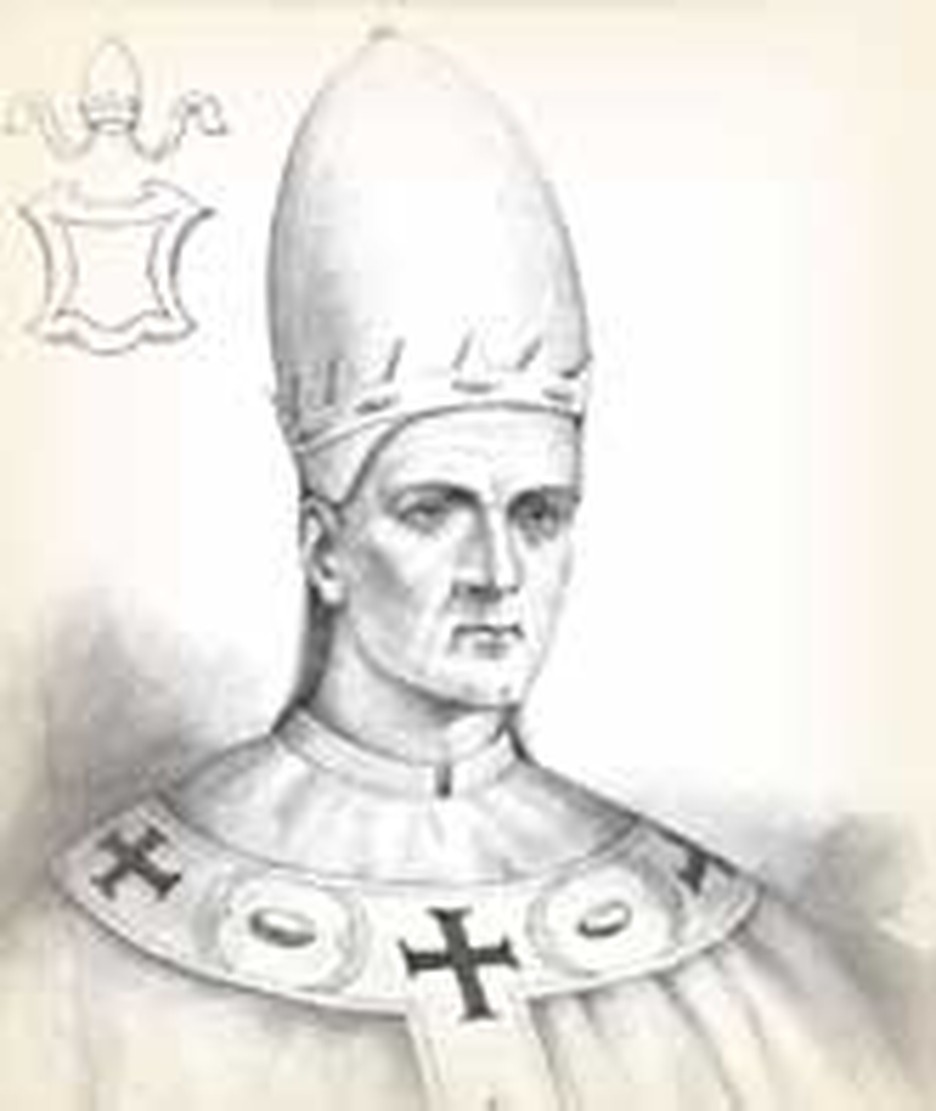
Willobrord wanted his life to count for more than it did. Twenty years old, he was the son of a prayerful man named Wilgils and a mother who vowed to give him to Christian work. Gifted with intelligence, he studied hard at Ripon, where he sat at the feet of Wilfrid, the zealous Bishop of York. But, according to Alcuin, the leading scholar of Charlemagne's court, Willobrord "felt an urge to pursue a more rigorous mode of life and was stirred with a desire to travel abroad." He heard of the holy lives of certain Irish saints and made up his mind to learn from them. He studied with them for twelve years.
Then at the age of thirty-three, Willobrord felt the time had come for him to share the gospel with others. "He had heard that in the northern regions of the world the harvest was great but the laborers few," wrote Alcuin. "...So he embarked on a ship, taking with him eleven others who shared his enthusiasm for the faith. Some of these afterwards gained the martyr's crown through their constancy in preaching the Gospel, others were later to become bishops and, after their labors in the holy work of preaching, have since gone to their rest in peace."
Willobrord is called "The Apostle of the Frisians." They are no longer a distinct people because during the Middle Ages they were absorbed into the nations that are now Germany and Holland. But around A. D. 700 , their numbers were great and they were widely distributed across Northern Europe.
Their king, Radbod, was no friend of the church. In fact, he later attacked and destroyed much that Christians had built. Nonetheless, Willobrord "had the boldness to present himself at the court of Radbod. Wherever he traveled he proclaimed the Word of God without fear; but though the Frisian king received the man of God in a kind and humble spirit, his heart was hardened against the Word of Life. So when the man of God saw that his efforts were of no avail he turned his missionary course towards the fierce tribes of the Danes."
Willobrord's work was successful. Not only did he convert and train many Christians, but he gave advice to the Frankish kings, with whom he was closely associated. On one of his two trips to Rome, he was named Bishop of Utrecht and endowed with the pallium (a symbol of papal power). He also founded an abbey at Echternach, Luxemburg. He often retreated there when he found himself in need of spiritual refreshment.
It was at Echternach that Willobrord died; and according to tradition, it was on this day, November 7, 739 (although Alcuin places his death a day earlier). "This holy man, who progressed every day of his life in the work of God, who was pleasing to God and friendly to all the people, was laid to his fathers in the time of the elder Charles, the valiant ruler of the Franks. He was then an old man coming to the end of his days and was about to receive from God a generous reward for his labors. He forsook this world to take possession of heaven and to behold Christ for ever in eternal glory, in whose love he had never ceased to labor as long as he lived in our midst. . ."
Bibliography:
- Alcuin. The Life of St. Willobrord. http://www.fordham.edu/halsall/basis/Alcuin-willbrord.html
- Cross, F. L., editor. The Oxford Dictionary of the Christian Church. Oxford University Press, 1997.
- "Frisians." Encyclopedia Americana. Chicago: Americana Corp., 1956.
- Mershman, Francis. "St. Willobrord." The Catholic Encyclopedia. New York: Robert Appleton Co, 1914.
Last updated June, 2007








